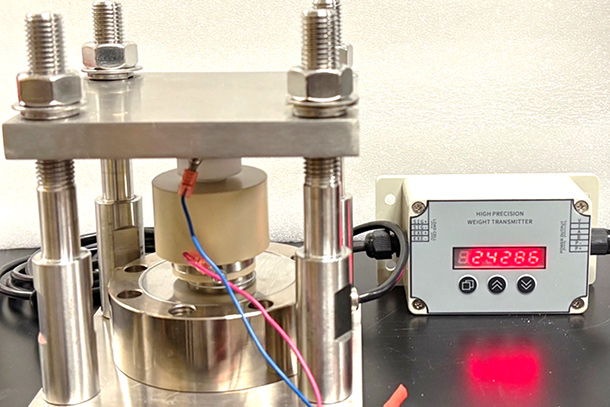Quantum Information Science Becomes Administration-Wide Top Priority
Quantum Information Science Becomes Administration-Wide Top Priority
The White House recently hosted a summit on Advancing American Leadership in Quantum Information Science. The event brought together leading experts in quantum information science (QIS) to discuss how the U.S. can maintain its position as a leader in QIS, while also continuing to grow its skill base and expertise. Speakers at the event included National Science Foundation (NSF) Director France Cordova, Department of Energy (DOE) Under Secretary of Science Paul Dabbar, and Under Secretary of Commerce for Standards and Technology and Director of the National Institute for Standards and Technology (NIST) Walter Copan.
The event was geared towards 4 industries:
- Supply Chain Providers
- Quantum Companies and Startups
- Venture and Investment Firms
- End Users
- Big Data and Machine Learning
- Operations Research
- Chemistry and Materials Science
- Financial Tech
Along these lines, the primary discussions during the event focused on Developing a Quantum-Smart Workforce; Building out Key QIS Infrastructure and Support; Expanding Opportunities with the Global QIS Community; and the Science of QIS: The 10-Year Horizon.
In conjunction with the White House Summit, the DOE announced $218 million in research funding for QIS. The awards are being administered by three program offices within DOE’s Office of Science: Advanced Scientific Computing Research (ASCR); Basic Energy Sciences (BES); and High Energy Physics (HEP); and are led by researchers at 28 academic institutions and nine DOE national laboratories.
The awards cover a range of topics from developing hardware and software for a new generation of quantum computers, to the synthesis and characterization of new materials with special quantum properties, to probing the ways in which quantum computing and information processing provide insights into such cosmic phenomena as Dark Matter and black holes.
The NSF also announced $31 million in new awards for “fundamental quantum research that will enable the United States to lead a new quantum technology revolution.” These awards will are being broken up into two categories:
- $25 million for exploratory quantum research as part of the Research Advanced by Interdisciplinary Science and Engineering (RAISE)-Transformational Advances in Quantum Systems (TAQS) effort.
- $6 million for quantum research and technology development as part of the RAISE-Engineering Quantum Integrated Platforms for Quantum Communication (EQuIP) effort.
For a full list of DOE ASCR awards, click here: https://science.energy.gov/ascr/
For a full list of DOE BES awards, click here: https://science.energy.gov/bes/
For a full list of DOE HEP awards, click here: https://science.energy.gov/hep/
For further information regarding the NSF awards, click here: https://www.nsf.gov/news/news_summ.jsp?cntn_id=296699







